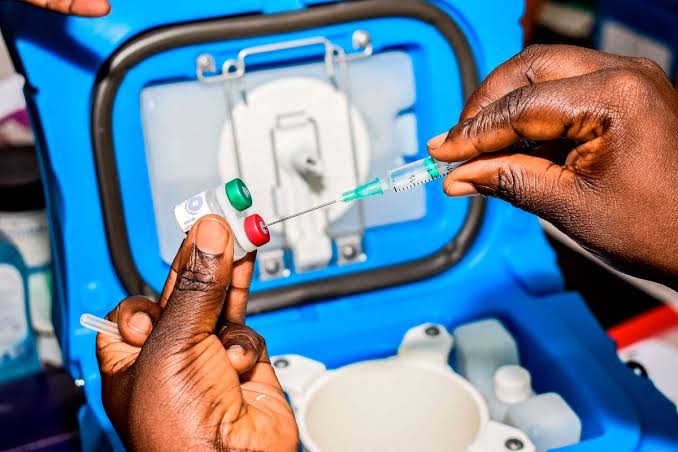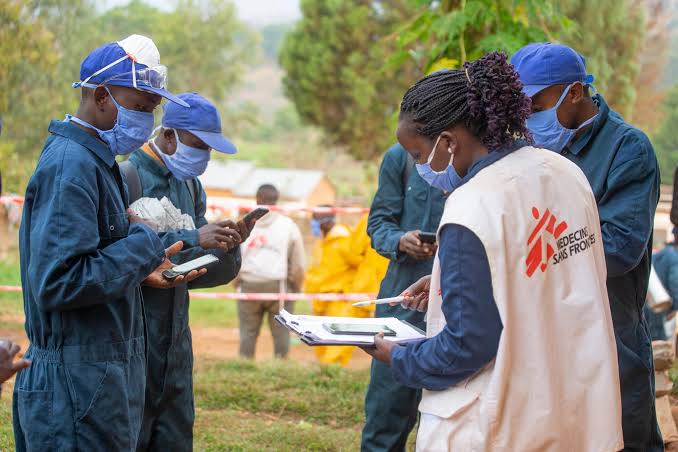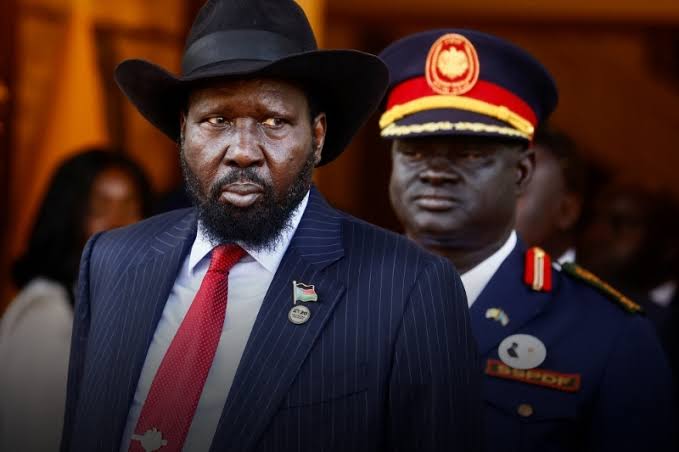
Faith Nyasuguta
Burundi is poised to launch its first malaria vaccination program in July, following the expected arrival of half a million doses, as announced by Dr. Louise Mahan, the USAid malaria advisor.
This significant development came to light during the visit of Dr. David Walton, the United States Global Malaria Coordinator, to Burundi, a nation participating in the US President’s Malaria Initiative (PMI).
“The Ministry of Health and the Malaria Strategic Plan are planning to initiate the vaccination in July this year…we now have a new partnership with Burundi between the National Malaria Strategic Plan and the vaccine program, which will allow us together to effectively distribute the vaccine,” shared Dr. Walton.
Burundi faced a substantial increase in malaria incidence between 2015 and 2022, marking a rise of up to 31%, as reported in the 2023 World Malaria Report. The incidence of malaria in Burundi reached 537 cases per 1,000 people last year, according to data from the World Health Organization (WHO).
Since 2010, USAid has invested a total of $127 million in malaria control efforts in Burundi. These investments have primarily focused on vector control, prevention, case management, social behavior change, and commodity procurement.
Dr. Walton underscored that Burundi’s designation as a PMI partner country would lead to a significant expansion of malaria interventions, with the budget increasing from $8 million to $15 million annually.
However, Dr. Mahan highlighted the challenges related to insufficient data on malaria cases in Burundi, hindering effective disease control.
“We have some challenges in regards to controlling malaria in Burundi…if we don’t have data…we can’t know if there is an increase or decrease in cases, so we need studies and surveys so we can make informed decisions, and that’s what we are currently working on,” she explained.
The 500,000 doses of the malaria vaccine will be instrumental in vaccinating 250,000 children across 25 districts. It’s worth noting that children under five years old constitute over 80% of malaria deaths in Africa, according to the World Health Organization (WHO).
Following a pilot phase in 2019, the malaria RTS,S vaccine, also known as Mosquirix, has been progressively implemented across Africa.
The rollout commenced in Cameroon last month. Developed by the British pharmaceutical company GSK, the vaccine witnessed administration to at least two million children in Ghana, Kenya, and Malawi as part of a pilot program.

In addition to Cameroon and Burundi, seven other countries are poised to benefit from the vaccine supply. These countries include Benin, Burkina Faso, the Democratic Republic of Congo, Liberia, Niger, Sierra Leone, and Uganda.
The concerted efforts toward widespread vaccination highlight the collaborative global approach to combat malaria, a disease that continues to impose a significant health burden, particularly in regions like sub-Saharan Africa.
This initiative aligns with ongoing global efforts to enhance healthcare infrastructure, reduce disease burden, and foster international collaboration for a healthier and more resilient world.
The commitment of the international community and organizations like USAid showcases the shared dedication to addressing public health challenges and advancing toward a malaria-free future.
RELATED:




